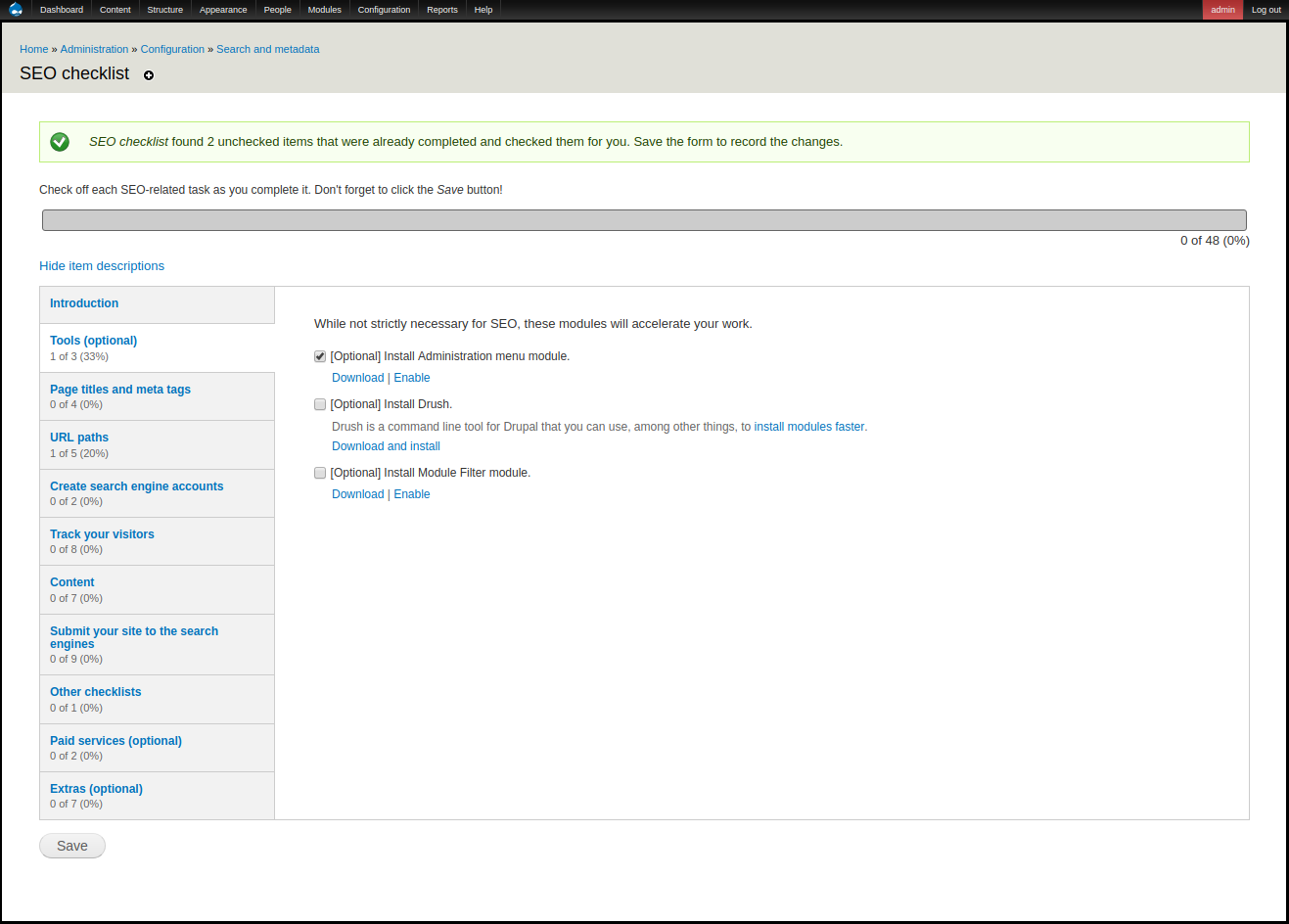Keyword research is important for online success. It helps you find what people search for. This can help you create better content. In this guide, we will talk about how to use keyword research tools. We will also share tips for getting the best results.
——
What is Keyword Research?
Keyword research is the process of finding words and phrases. These words and phrases are used in search engines. People type these words when they look for something online. If you know these words, you can create content that matches.
Why Use Keyword Research Tools?
Keyword research tools help you find popular search terms. They show how many people search for a word. They also show how hard it is to rank for that word. This information is very helpful. It guides your content creation. It also helps you improve your website.
Popular Keyword Research Tools
Many keyword research tools are available. Some are free, while others require payment. Here are some popular options:
- Google Keyword Planner: Free tool by Google.
- SEMrush: Offers many features for research.
- Ahrefs: Great for finding keyword ideas.
- Ubersuggest: Simple and easy to use.
- AnswerThePublic: Shows questions people ask.
——
Steps to Use Keyword Research Tools
Now, let’s look at how to use these tools effectively. Follow these simple steps:
Step 1: Start With A Seed Keyword
A seed keyword is a basic word related to your topic. For example, if you write about dogs, your seed keyword could be “dogs.” Use this word in your keyword research tool.
Step 2: Look For Related Keywords
After entering your seed keyword, look for related keywords. These are words that people search for alongside your seed keyword. The tool will show you a list. Choose words that fit your content well.
Step 3: Check Search Volume
Search volume tells you how many people search for a keyword. High search volume means many people are interested. Choose keywords with good search volume. This will help you reach more readers.
Step 4: Analyze Keyword Difficulty
Keyword difficulty shows how hard it is to rank for a keyword. If a keyword is very popular, it may be hard to rank. Look for keywords with lower difficulty. This gives you a better chance to succeed.
Step 5: Use Long-tail Keywords
Long-tail keywords are longer phrases. They often have lower search volume. But they are more specific. For example, “best dog food for puppies” is a long-tail keyword. Use these keywords to attract targeted readers.
Step 6: Check Competitors
Look at what your competitors are doing. Use the keyword tool to find the keywords they rank for. This can give you new ideas. It can also help you find gaps in their content.
Step 7: Create Quality Content
Once you have your keywords, create quality content. Use your keywords naturally in your writing. Avoid stuffing them in every sentence. Write for your readers first. This will help you engage them better.

——
Tips for Effective Keyword Research
Here are some tips to improve your keyword research:
- Be specific: Focus on a niche topic.
- Use local keywords: Include your city or region.
- Keep updating: Trends change, so check regularly.
- Use Google Trends: See what’s popular over time.
- Combine keywords: Use different keywords together.
——
Common Mistakes to Avoid
When doing keyword research, avoid these common mistakes:
- Ignoring search intent: Understand what users want.
- Focusing only on high-volume keywords: Don’t ignore low-volume options.
- Not updating keywords: Regularly check your keywords.
- Neglecting on-page SEO: Use keywords in titles and headings.
——
Frequently Asked Questions
What Are Keyword Research Tools?
Keyword research tools help find popular words and phrases for online content. They show what people search for.
Why Is Keyword Research Important?
Keyword research helps you understand what your audience wants. It boosts your chances of reaching more people online.
How Do I Start Keyword Research?
Begin by brainstorming topics relevant to your business. Then, use tools to find related keywords and their search volume.
Which Tools Are Best For Keyword Research?
Popular tools include Google Keyword Planner, SEMrush, and Ahrefs. Each offers unique features to help with keyword analysis.
——
Completion
Using keyword research tools effectively can help your website. It guides your content creation. It also helps you attract more visitors. Remember to start with a seed keyword. Look for related keywords and check their search volume. Analyze keyword difficulty and use long-tail keywords. Finally, create quality content that engages your audience.
By following these steps, you can improve your online presence. Regularly update your keywords and content. This will keep your website relevant.
And good luck with your keyword research!




Leave a Reply